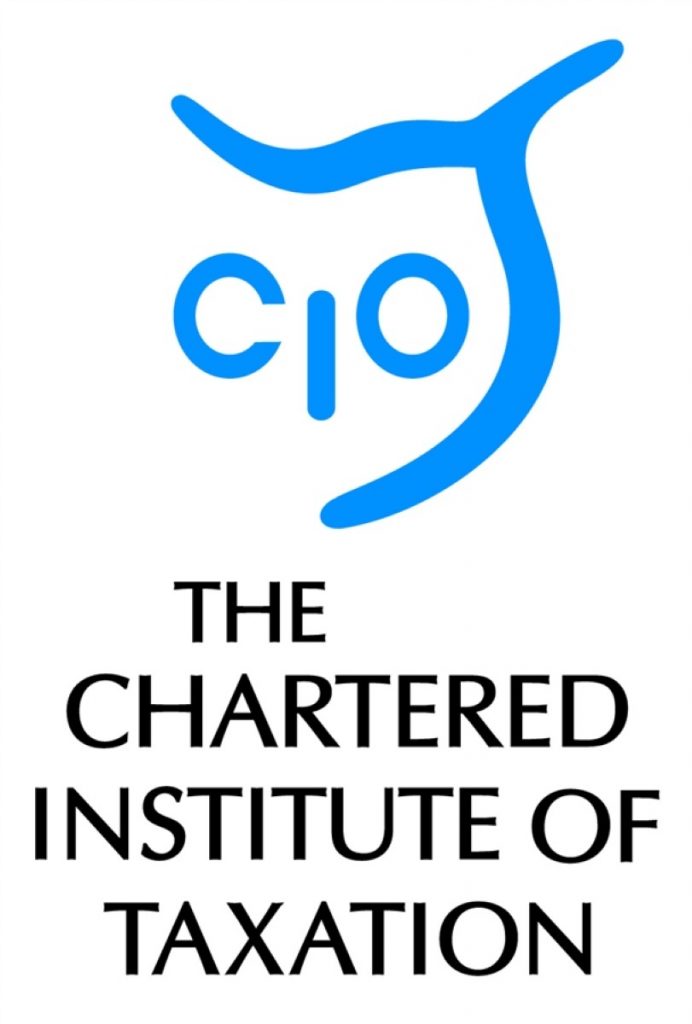Tax credit claimants earning over £20,000 may see sharp cuts in payments as HMRC recovers overpayments at a higher rate, says a concerned Low Incomes Tax Reform Group.
Changes announced in the March 2014 Budget come into effect today. It will affect tax credit claimants with a household income of more than £20,000 who are paying back a historic tax credit overpayment from their present tax credit payments. The maximum rate at which their ongoing payments are reduced in order to repay the debt will increase from 25 per cent to 50 per cent. This means they will pay back the overpayment at a faster rate but will see their tax credit payments significantly reduced.
LITRG is calling on HMRC to devise some form of protection from the 50 per cent rate for those with childcare costs and those who receive the disability elements of tax credits.
Anthony Thomas, Chairman of LITRG, said:
“This change is likely to catch people out as they may not be aware that their payments are about to reduce by an additional 25 per cent. The cliff-edge income threshold means it is going to affect families with household income of more than £20,000 whatever their circumstances. This is likely to hit those with high childcare costs or who receive extra payments due to disability even harder as their awards will be higher.
“We fully support the need for HMRC to recover overpayment debt but this should not be at such a rate that it has the potential to plunge people into serious financial hardship. We are extremely concerned that this measure, especially when combined with other recent debt measures like recovering working tax credit overpayments from ongoing child tax credit awards and vice versa, might well cause claimants to fall into hardship. The current tax credit hardship processes are not well publicised and little information is provided about when someone might qualify under hardship provisions.
“We urge HMRC to consider protecting those with childcare costs or who qualify for any of the disability elements from this 50 per cent recovery rate so that they do not face losing a significant part of their awards. Failure to do this may force people out of work if they cannot pay their childcare costs, and may leave people with disabilities unable to meet the extra costs associated with their disability.”
Notes for editors
1. Recovery of overpayments from ongoing payments of tax credits
1.1 HMRC can recover overpayments of tax credits from previous years from ongoing tax credit awards. This recovery is generally subject to limits meaning that HMRC cannot recover more than a percentage of each tax credit payment. Where claimants receive only a small award, the family element only (under £545 a year), and the full award can be set against any overpayment. Those who receive maximum tax credits are subject to a 10 per cent rate, and those who have their tax credits reduced due to income levels are subject to the 25 per cent rate. From 6 April 2016 this 25 per cent rate increases to 50 per cent for households with income over £20,000.
1.2 During the 2015-16 tax year, HMRC made other changes to debt recovery in tax credits. From April 2015, where a claimant has received their full annual entitlement part way through the tax year, their payments ceased and they would receive no further payments for the rest of the tax year. Prior to April 2015, HMRC would continue paying in order to avoid hardship. The process is sometimes referred to as ‘Ceased payment following a change’. This particular measure is causing significant hardship, especially for those on means-tested benefits such as income support who rely on child tax credit to support their children.
1.3 In addition, from October 2015, HMRC began to recover working tax credit (WTC) overpayments from child tax credit (CTC) awards and CTC overpayments from WTC awards. Prior to that date, WTC overpayments were only recovered from WTC awards and CTC overpayments from CTC. This means some people had their full awards reduced mid-year by up to 25 per cent.
2. Household income threshold
2.1 The 50 per cent recovery rate is to be set where the household income is over £20,000. Tax credit awards are generally based on previous year income which is then compared to current year income. If the current year income is different by no more than £2,500 (the disregards) then the award remains unchanged. However, the income threshold used to set the recovery rate does not apply the disregards, the buffer for income changes up to £2,500, and relies on the raw income figure in the current year. This is likely to add an extra layer of confusion as claimants are told they do not need to report changes in income within the £2,500 allowance because it will not affect their award, and yet it may well affect the recovery rate applied to their payments.
3. Low Incomes Tax Reform Group
The LITRG is an initiative of the Chartered Institute of Taxation (CIOT) to give a voice to the unrepresented. Since 1998 LITRG has been working to improve the policy and processes of the tax, tax credits and associated welfare systems for the benefit of those on low incomes.
The CIOT is the leading professional body in the United Kingdom concerned solely with taxation. The CIOT is an educational charity, promoting education and study of the administration and practice of taxation. One of our key aims is to work for a better, more efficient, tax system for all affected by it – taxpayers, their advisers and the authorities. The CIOT’s work covers all aspects of taxation, including direct and indirect taxes and duties. The CIOT’s 17,600 members have the practising title of ‘Chartered Tax Adviser’ and the designatory letters ‘CTA’, to represent the leading tax qualification.





-01.png)